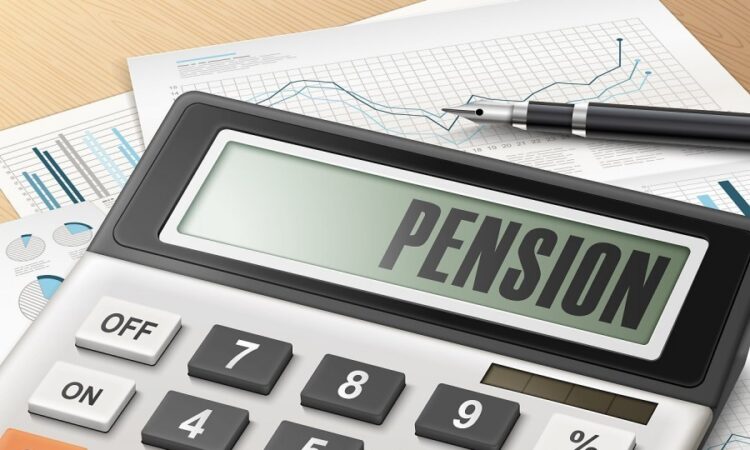
The government will not include the public sector pension spending in resource allocation in the national budget for social safety net in the future, officials have said.
The finance officials made such a commitment to the visiting delegation of the International Monetary Fund (IMF) at a meeting held on Wednesday last, officials confirmed.
The inclusion of pension spending in the social safety net head drew criticism from many in the past.
The critics said the allocation shown in the budget documents for social safety net does not reflect the actual government spending on the needy people. The government includes the public sector pension in the allocation for social safety net to show it large and earn appreciation.
In the budget for fiscal year 2022-23 the government made an allocation of Tk 1.135 trillion against social safety net. The total sum included Tk 283.70 billion earmarked for pension payment to public sector employees.
Moreover, a Tk 9.07 billion, set to be used for paying interest to the owners of savings instruments, was also included in the social safety net head.
However, finance officials did not make any commitment to the IMF team that the spending for savings instruments will be excluded from the allocation for social safety net sector.
Sources said finance officials are now busy in preparing budget for the fiscal year 2023-24 where initially they included pension and savings certificate interest payment in the total allocation for social safety net.
However, with the IMF’s advice the finance officials will now recast the allocations.
Another FE report adds: The government has recently opened an ‘escrow account’ for keeping aside the funds for repaying the outstanding loans from Russia for the Rooppur nuke power plant project, officials said on Thursday.
Following the inquiry of the International Monetary Fund (IMF) regarding its earlier recommendations on the halted Russian loan repayment, the Economic Relations Division (ERD) on Thursday informed the Washington-based multilateral lender that Bangladesh had opened a separate account for depositing the money, said ERD officials.
A visiting three-member IMF delegation met ERD Secretary Sharifa Khan and ERD’s Foreign Accounts and Budget (FABA) wing officials on Thursday.
The IMF team is now reviewing its programme in Bangladesh as it has made the commitment for providing US$ 4.7 billion in budgetary support.
Bangladesh has already received the first instalment of $476 million from the IMF out of the $4.7 billion loan package.
Meanwhile, Bangladesh had been repaying the interest on the $11.38 billion Russian nuke plant loans on the disbursed amounts since FY 2017. But it has suspended the repayment since July 2021. To date, four instalments have not been paid.
A senior ERD official on Thursday said the IMF wanted to know about the update on the Russian loan repayment for the Rooppur nuke power plant project as it earlier suggested for keeping aside the funds for the loan payback.
“We have informed IMF about the account. The IMF has been satisfied over the ERD’s actions against the halted Russian loan for the Rooppur power plant,” a senior ERD official told the FE.
We have already got funds from the current fiscal budget and transferred the fund to the escrow account, he added.
The ERD official said actually it is better for the government to keep aside necessary funds every year from the budget for the repayment, which is halted from 2021 amid sanctions on Russia over the international money transaction system.
The ERD has also informed the IMF about Bangladesh’s foreign aid disbursement, repayment and debt position.
The IMF team also inquired about the ERD’s ambitious foreign aid disbursement target for the current fiscal year (FY) 2022-23 amid the cut of the budget in the Revised Annual Development Programme (RADP).
Meanwhile, the IMF delegation also sat with the Finance Division at the Secretariat on Thursday where it wanted to know about the government’s reforms on its payment system including the IBAS++.
The IMF delegation has called the Finance Division to complete reforms in the public payment systems, said a senior Finance Division official.






